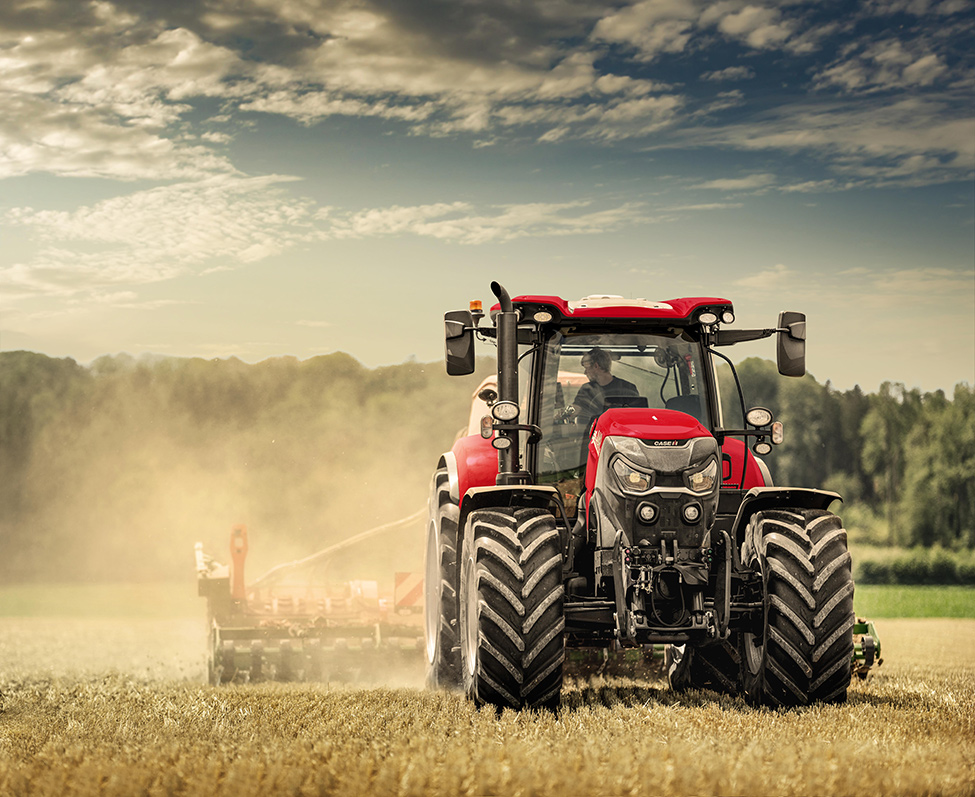Precision agriculture is reshaping the landscape of modern farming by leveraging cutting-edge technology to optimize crop management practices. This innovative approach enables farmers to make data-driven decisions, maximizing efficiency while minimizing environmental impact. In this article, we will delve into the concept of precision agriculture and explore how it is revolutionizing sustainable crop management.
Understanding Precision Agriculture
At its core, precision agriculture involves the application of advanced technologies, such as GPS, drones, sensors, and data analytics, to monitor and manage various aspects of crop production with unprecedented precision. By collecting real-time data on soil conditions, weather patterns, crop health, and more, farmers can gain valuable insights into their fields’ specific needs, allowing for targeted interventions and optimized resource utilization.
Benefits of Precision Agriculture
One of the key benefits of precision agriculture is its ability to enhance sustainability in crop management. By precisely tailoring inputs such as water, fertilizers, and pesticides to match the needs of each individual plant or section of a field, farmers can minimize waste and reduce the environmental impact of agricultural practices. This not only conserves resources but also mitigates pollution and soil degradation, promoting long-term soil health and ecosystem resilience.
Technologies Driving Precision Agriculture
Several technologies play a crucial role in enabling precision agriculture:
- Global Positioning System (GPS): GPS technology allows farmers to precisely map and monitor their fields, enabling accurate navigation and location-specific data collection.
- Drones: Unmanned aerial vehicles (UAVs) equipped with cameras and sensors can capture high-resolution imagery of fields, providing valuable insights into crop health, pest infestations, and environmental conditions.
- Sensors: Soil moisture sensors, weather stations, and other IoT devices can collect real-time data on various environmental parameters, helping farmers make informed decisions about irrigation, nutrient management, and pest control.
- Data Analytics: Advanced analytics software can process and analyze large datasets, identifying patterns, trends, and anomalies to guide decision-making and optimize agricultural practices.
Sustainable Crop Management Practices
Precision agriculture enables farmers to implement a range of sustainable crop management practices, including:
- Variable Rate Application (VRA): Adjusting input application rates based on spatial variability within a field, optimizing resource use and minimizing waste.
- No-Till Farming: Minimizing soil disturbance by avoiding traditional plowing and tillage practices, which helps to reduce erosion, conserve moisture, and sequester carbon.
- Integrated Pest Management (IPM): Using a combination of biological, cultural, and chemical control methods to manage pests and diseases while minimizing reliance on synthetic pesticides.
- Cover Cropping: Planting cover crops between cash crops to improve soil health, prevent erosion, suppress weeds, and enhance nutrient cycling.
Future Outlook
As Landtechnik continues to evolve, the potential for precision agriculture to transform sustainable crop management remains vast. Emerging innovations such as artificial intelligence, machine learning, and blockchain are poised to further enhance the capabilities of precision agriculture, enabling even greater efficiency, productivity, and environmental stewardship in the years to come.
In conclusion, precision agriculture represents a paradigm shift in crop management, harnessing the power of technology to achieve sustainable and environmentally responsible farming practices. By embracing precision agriculture principles and adopting innovative technologies, farmers can optimize resource use, minimize environmental impact, and ensure the long-term viability of agricultural systems.










